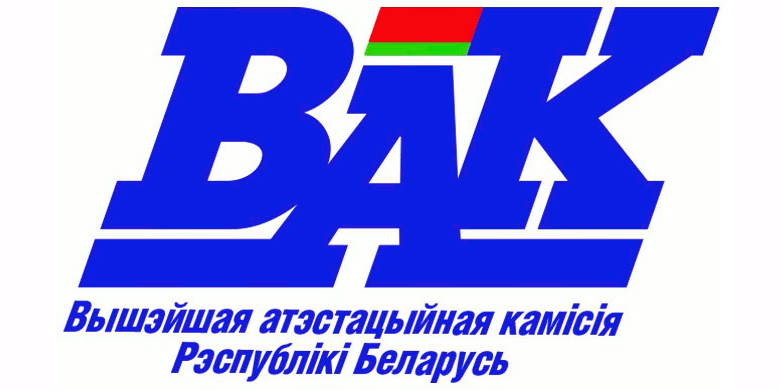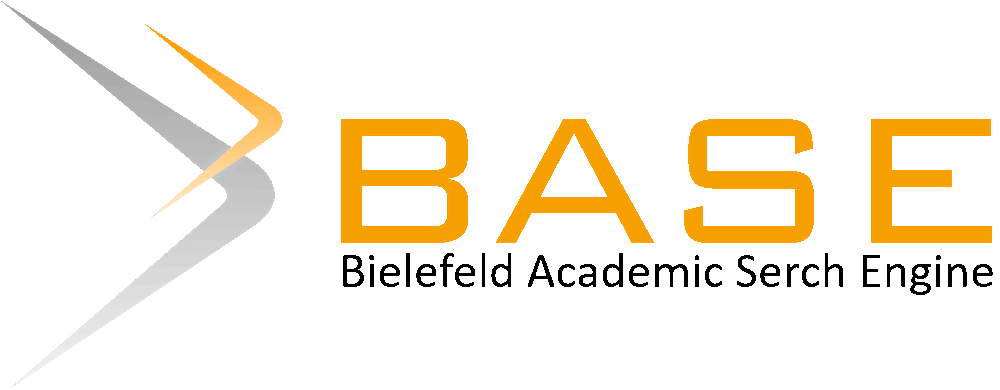Оптимальность расчета налогов и система простого прямого налогообложения в контексте содержания необходимого и прибавочного продукта.
Аннотация
В статье рассматриваются проблемные вопросы в исследовании экономической сущности налогов на основе ключевых положений теории стоимости К. Маркса: деления производимого продукта на его необходимую и прибавочную часть (учение о прибавочной стоимости). На основе оценки роли государства в процессе общественного труда автор делает вывод, что налоги, уплачиваемые субъектами, должны быть преимущественно частью созданного ими прибавочного продукта. При этом временные дополнительные налоги и налоги по временным повышенным ставкам на сумму превышения этих ставок сверх нормальной (то есть устоявшейся), но при этом оптимальной величины, должны уплачиваться только за счет прибавочного продукта. То есть из чистой прибыли субъекта платежа налогов. В статье подвергается критике ныне действующий в теории и мировой практике критерий отнесения налогов к косвенным и прямым – критерий отнесения налога на потребителя (на потребление). Автор предлагает принципиально новый критерий – критерий прибыльности субъекта платежа. В соответствии с данным критерием в статье сделан вывод, что прямые налоги в национальных налоговых системах представлены только подоходными налогами. В итоговых выводах по основному содержанию статьи автор делает вывод, что будущее должно быть за национальными предельно простыми системами прямого налогообложения, представленные полностью постоянно действующими подоходными налогами: налогом на прибыль и налогом на доходы физических лиц. = This article discusses the problematic issues in the study of the economic effect of taxes on the basis of the key provisions of the theory of value of Marx: product division at its necessary and added part (the doctrine of surplus value). On the basis of an assessment of the role of the State in the public work, the author concludes that taxes paid by agents, should be primarily a part of their surplus product created. At that time additional taxes and taxes on temporary increased rates in excess of these rates in excess of the normal (i.e. established), but the best value must be paid only by the surplus product. That is, from the net profit of the entity paying the taxes. The article criticized the current theory and world practice criterion for taxes to indirect and direct – the criterion for inclusion of consumer tax (consumption). The author proposes a new criterion is a criterion of profitability of the subject of the payment. In accordance with this criterion, the article concludes that direct taxes in national tax systems are only income taxes. In the final conclusions on the main part of the article, the author concludes that the future must be extremely simple to national systems of direct taxation, the full standing direct income taxes: taxes on income and a tax on the income of natural persons.Библиографические ссылки
Разумов, И.А. Теоретические основы формирования общественно–необходимых затрат труда на рабочих местах : дисс. на соиск. уч. степ. к.э.н. / И.А. Разумов. – Минск : БГУ, 1996. – 140 с.
План счетов бухгалтерского учета в банках Республики Беларусь. Указания по применению Плана счетов бухгалтерского учета в банках Республики Беларусь. В редакции постановлений Совета директоров
НБ РБ от 28.08.2006 № 218, от 28.11.2006 № 325, от 04.03.2008 № 61. Интернет – сайт «РravoBY.info» [Электронный ресурс] / Минск, октябрь 2012 г. Режим доступа :
http://arc.pravoby.info/documentf/part1/aktf1217.htm
Инструкция о порядке применения типового плана счетов бухгалтерского учета. Утв. ПМФ №50 от 29.06.2011г. Введена в действие с 01.01.2012г. Официальный Интернет – сайт Министерства финансов Республики Беларусь. [Электронный ресурс] / Минск, февраль 2012 г. Режим доступа:
http://www.minfin.gov.by/rmenu/business–accounting/buhuchet/plans
Налоги и налогообложение : учебник / под общ. ред. И.А. Майбурова. – М.: Экономистъ, 2008. – 509 с.
О налоговой нагрузке на экономику Республики Беларусь в 2009 и 2010 гг.. Официальный интернет – сайт МНС РБ [Электронный ресурс] / Минск, февраль 2012 г. Режим доступа : //http://nalog.by/docs/nal_nagr_%202010.doc
О налоговой нагрузке на экономику Республики Беларусь в первом квартале 2011 года. Официальный интернет – сайт МНС РБ [Электронный ресурс] / Минск, февраль 2012 г. Режим доступа :
//http://www.nalog.by/docs/nal_nagr_1_k.doc
Сердюков, А.Э. Налоги и налогообложение / А.Э. Сердюков, Е.С. Волкова, А.Л. Тарасевич. – Спб. Питер, 2005. – 752с.
Коровкин, В.В. Основы теории налогообложения / В.В. Коровкин. – М.: Экономистъ, 2006. – 575 с.
Доходы бюджета Республики Беларусь, контролируемые налоговыми органами, по видам доходных источников за 2006–2010 годы. Официальный сайт Министерства по налогам и сборам РБ. [Электронный ресурс] / Минск, ноябрь 2011. – Режим доступа : http://www.nalog.by/reference/dohody_budg/.
Загрузки
Как цитировать
Выпуск
Раздел
Лицензия
Автор предоставляет Редакции журнала на весь срок действия исключительных прав на Произведение следующие права:
1. право на воспроизведение Произведения (опубликование, обнародование, дублирование, тиражирование или иное размножение Произведения) без ограничения тиража экземпляров. При этом каждый экземпляр Произведения должен содержать имя автора Произведения;
2. право на распространение Произведения любым способом;
3. право на включение в составное произведение;
4. право на доведение до всеобщего сведения;
5. на использование метаданных (название, имя автора (правообладателя), аннотации, библиографические материалы и пр.) Произведений путем распространения и доведения до всеобщего сведения, обработки и систематизации, а также включения в различные базы данных и информационные системы.
6. право переуступить на договорных условиях частично или полностью полученные по настоящему договору права третьим лицам без выплаты Автору вознаграждения.
Автор передает права Редакция журналау по настоящему Договору на основе неисключительной лицензии.
Редакция журнала обязуется соблюдать предусмотренные действующим законодательством авторские права, права Автора, а также осуществлять их защиту и принимать все возможные меры для предупреждения нарушения авторских прав третьими лицами.
Территория, на которой допускается использование прав на Произведения, не ограничена.
Автор также предоставляет Редакция журналау право хранения и обработки следующих своих персональных данных без ограничения по сроку:
• фамилия, имя, отчество;
• дата рождения;
• сведения об образовании;
• сведения о месте работы и занимаемой должности;
• сведения о наличии опубликованных произведений литературы, науки и искусства.
Персональные данные предоставляются для их хранения и обработки в различных базах данных и информационных системах, включения их в аналитические и статистические отчетности, создания обоснованных взаимосвязей объектов произведений науки, литературы и искусства с персональными данными и т.п.
Редакция журнала имеет право передать указанные данные для обработки и хранения третьим лицам при условии уведомления о таком факте с предоставлением сведений о третьем лице (наименование и адрес) Автору.
Отзыв согласия на хранение и обработку персональных данных производится Автором путем направления соответствующего письменного уведомления Редакции журнала.
Автор и Редакция журнала несут в соответствии с действующим законодательством Республики Беларусь имущественную и иную юридическую ответственность за неисполнение или ненадлежащее исполнение своих обязательств.
Сторона, ненадлежащим образом исполнившая или не исполнившая свои обязанности, обязана возместить убытки, причиненные другой Стороне, включая упущенную выгоду.
Все споры и разногласия Сторон, вытекающие из условий настоящего Договора, подлежат урегулированию путем переговоров, а в случае их безрезультатности, указанные споры подлежат разрешению в суде в соответствии с действующим законодательством Республики Беларусь.
Расторжение настоящего соглашения возможно в любое время по обоюдному согласию Сторон, с обязательным подписанием Сторонами соответствующего соглашения об этом.
Расторжение настоящего соглашения в одностороннем порядке возможно в случаях, предусмотренных действующим законодательством, либо по решению суда.
Во всем, что не предусмотрено настоящим соглашением, Стороны руководствуются нормами действующего законодательства Республики Беларусь.















.gif)
